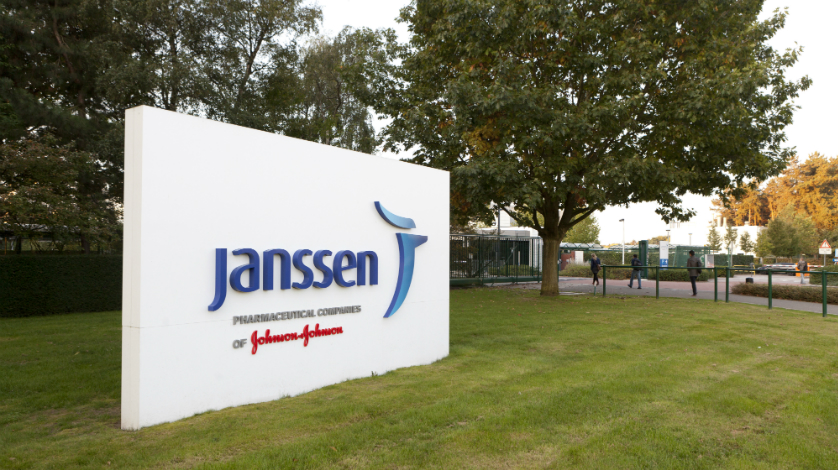J&J trumpets new data from Tremfya as psoriasis market braces for biosimilars

Findings by Johnson & Johnson’s pharma unit show that psoriasis sufferers can use its Tremfya (guselkumab) when AbbVie's blockbuster Humira doesn’t work.
J&J is one of several companies trying to increase their share of the increasingly competitive market for psoriasis drugs, where a wave of new drugs are threatening established drugs such as Humira (adalimumab).
In Europe, a group of cheaper biosimilars of Humira are due to come on to the market next month as its patent expires.
Study findings released at this week's European Academy of Dermatology and Venereology (EADV) conference showed patients with moderate to severe plaque psoriasis, who had used Humira but had not seen significant benefits, experienced ‘marked improvements’ when treated with Janssen’s Tremfya.
The findings of the phase 3 Voyage 1 and 2 trials showed that a switch to Tremfya at week 28, after an inadequate response to Humira, led to sustained improvement in patient reported outcomes (PROs) in both the psoriasis symptom and sign diary (PSSD) and Dermatology Life Quality Index (DLQI) score at Week 100.
Tremfya, which was licensed in the European Union last November, is the first drug to selectively target IL-23, which plays a key role in the immune inflammatory response. The patient administers it subcutaneously after training.

Jaime Oliver
Dr Jaime Oliver, Janssen’s medical lead for immunology in EMEA, said: “This long-term data not only demonstrates the potential for guselkumab to improve psoriasis signs and symptoms which matter most to patients, but also shows the significance of PRO measurement tools when it comes to improving the quality of life for patients living with this debilitating condition.”
Also at EADV, Novartis announced that the efficacy and safety of its competing psoriasis treatment Cosentyx (secukinumab) in clinical practice is comparable to its previously reported clinical studies.
Dr Richard Langley, professor of dermatology and director of research, Dalhousie University, Nova Scotia, said, “For both psoriasis patients and doctors, these data confirm that Cosentyx clinical data profile translates into real-world benefits.
“In the everyday management of psoriasis, this provides added reassurance that with Cosentyx, patients achieve and maintain high levels of skin clearance and improved quality of life.”
Psoriasis affects around 1.8 million people in the UK. It is a chronic, painful and disabling disease and can cause mental health issues and social exclusion as sufferers often face stigma.
Plaque psoriasis causes thick, red, inflamed skin covered with silvery scales – ‘plaques’. The disease has a serious affect on patients’ quality of life and has been likened to diabetes and cancer in this respect. It is for this reason that patients’ quality of life is measured when calculating the effectiveness of treatments for psoriasis.
Echoing this, a survey by Novartis published at EADV showed that patients value clear skin above other factors, but expect benefits, such as proven long-term efficacy and safety data and no injection site reactions.











